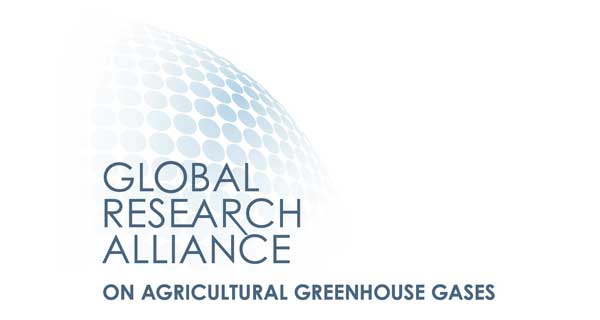Building resilient agricultural systems to mitigate climate change
 Argentina
Argentina
 Brazil
Brazil
 Chile
Chile
 Dominican Republic
Dominican Republic
 Uruguay
Uruguay
 United Kindom
United Kindom
 United States
United States
Executive Summary
The technological solution
Integration of livestock production systems with forestry systems (silvopastoral systems – SPS)
Results
Due to the integration of production systems, carbon reserves, productive diversification and environmental sustainability are expected to increase.
Beneficiaries
The total direct beneficiaries will be 2,510 people, classified as follows according to country. Argentina participates with a total of 462 (18.4%), Brazil with a total of 963 (38.3%), Chile with a total of 323 (12.9%), Uruguay with a total of 664 (26.5%) and the Dominican Republic with a total of 98 (3.9%). Regarding the type of beneficiaries reached, 37 Research Institutes/Experimental Stations, 18 Universities, 247 researchers/professionals/students and 2,230 producers will be involved. It is estimated that indirect and potential beneficiaries include 9,000 in Argentina, 4,000 in Chile, 12,000 in Brazil, 6,000 in Uruguay and 2,000 in the Dominican Republic.
Sustainable Development Goals





Participating Organizations
Executor
- Fundación ArgenINTA (ARGENINTA) - Argentina
Co-executor
- Instituto Nacional de Tecnología Agropecuaria (INTA) - Argentina
- Instituto Nacional de Investigación Agropecuaria (INIA) - Uruguay
- Instituto de Investigaciones Agropecuarias (INIA) - Chile
- Empresa Brasileña de Investigación Agropecuaria (EMBRAPA) - Brasil
- Instituto Dominicano de Investigaciones Agropecuarias y Forestales (IDIAF) - República Dominicana
Associated
- Scotland´s Rural College (SRUC) - Reino Unido
- CENUR NORESTE de la Universidad de la República de Uruguay (CENUR) - Uruguay
- CORNELL UNIVERSITY (CORNELL UNIVERSITY) - Estados Unidos
- North Carolina State University (NCSU) - Estados Unidos
Graphics and data
Financing by country (in USD)

















